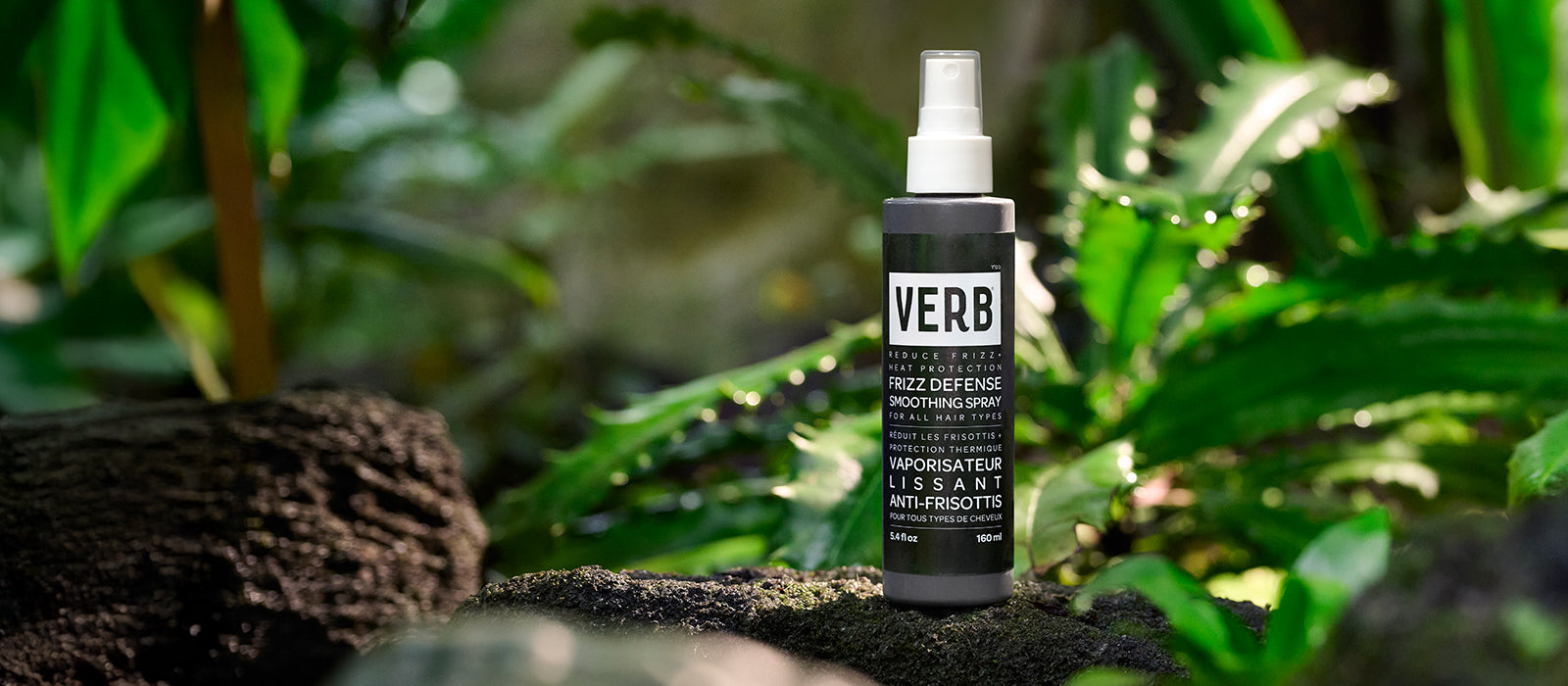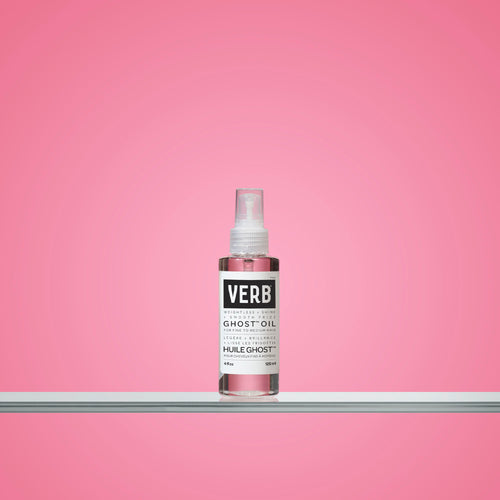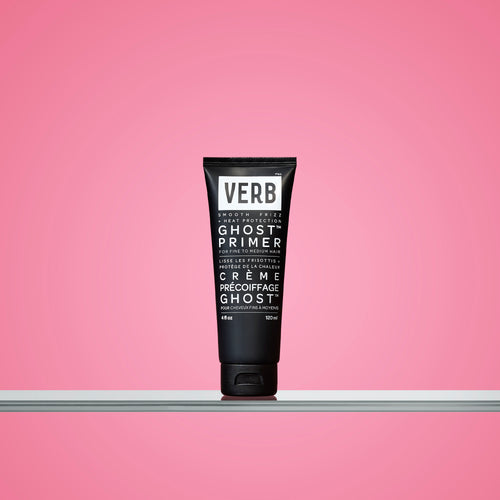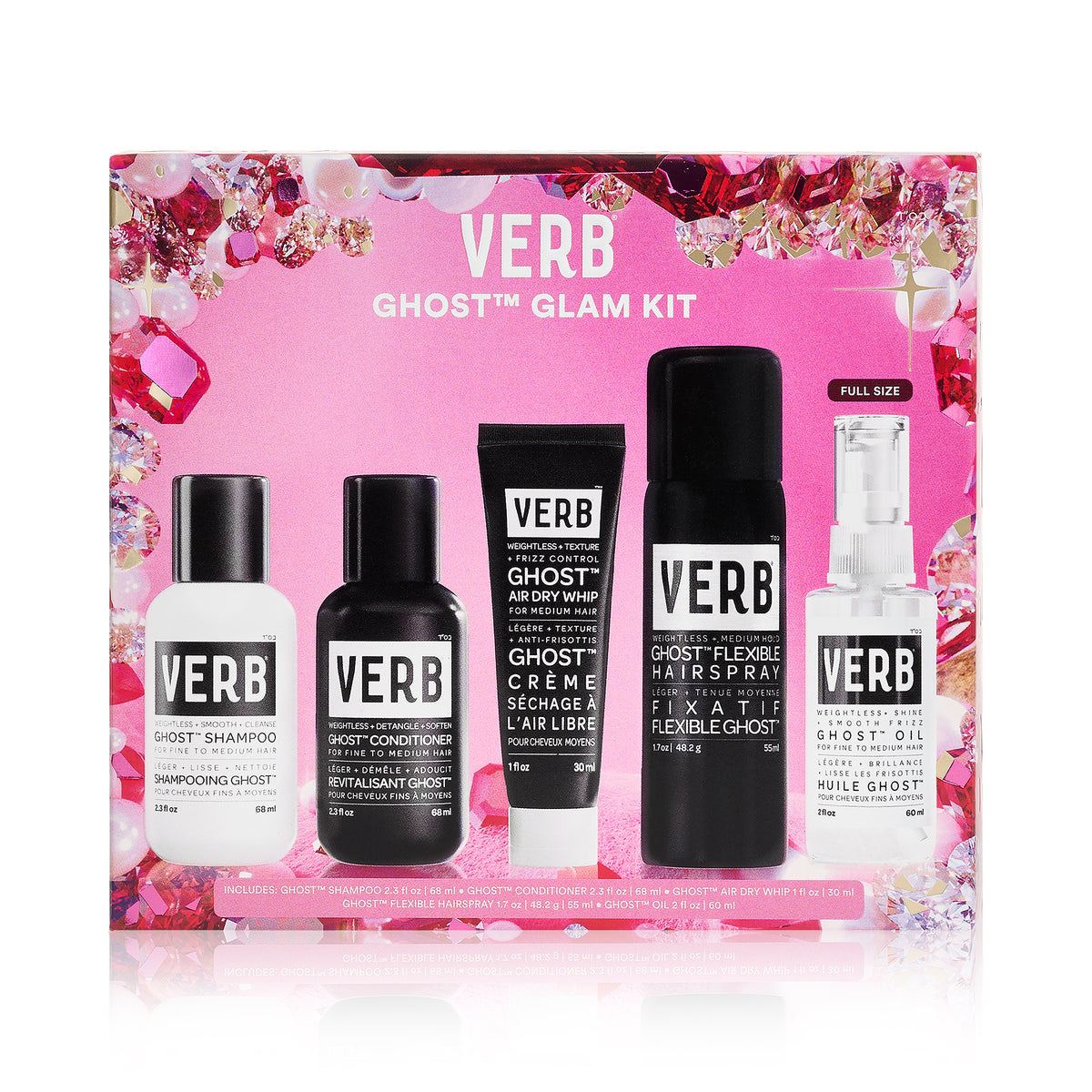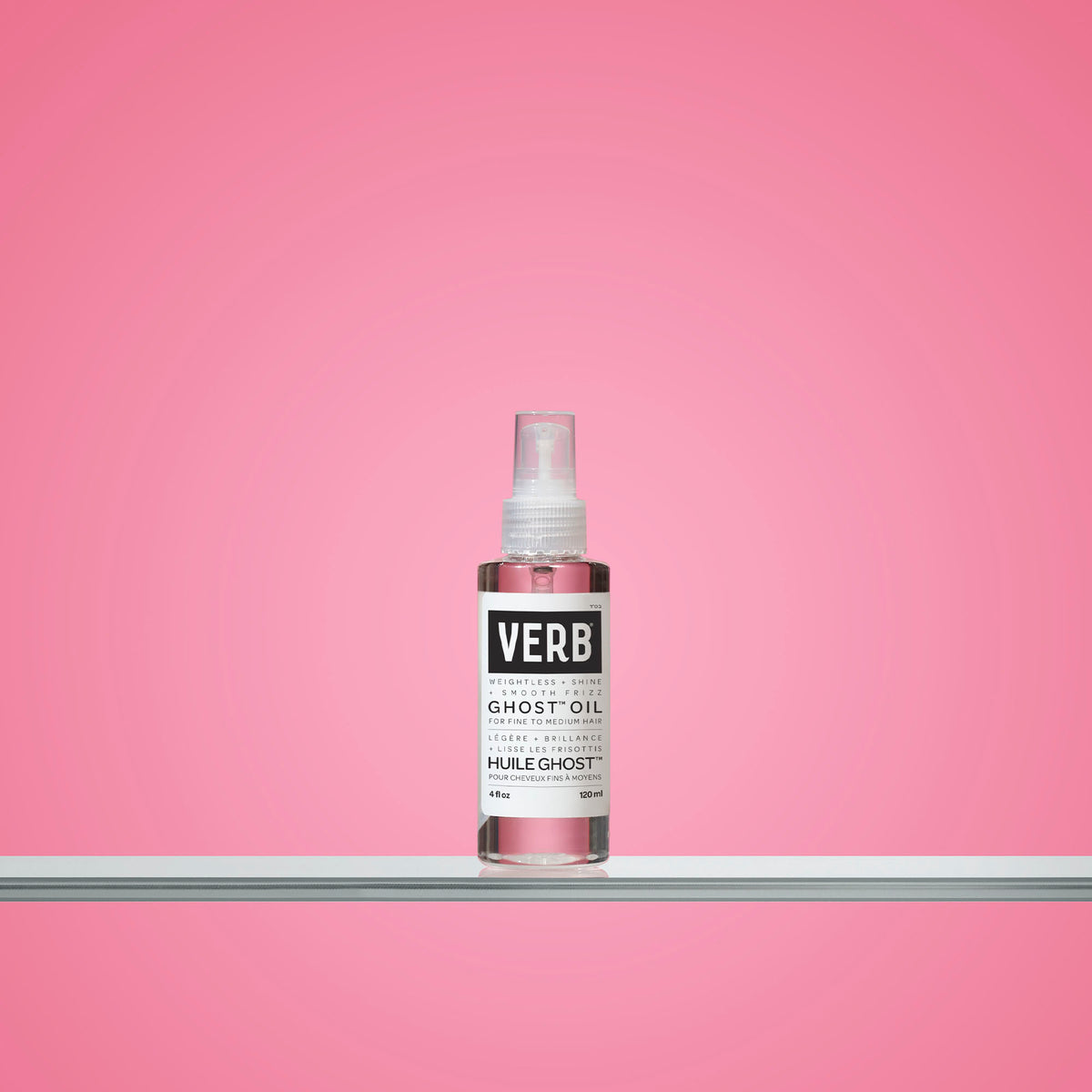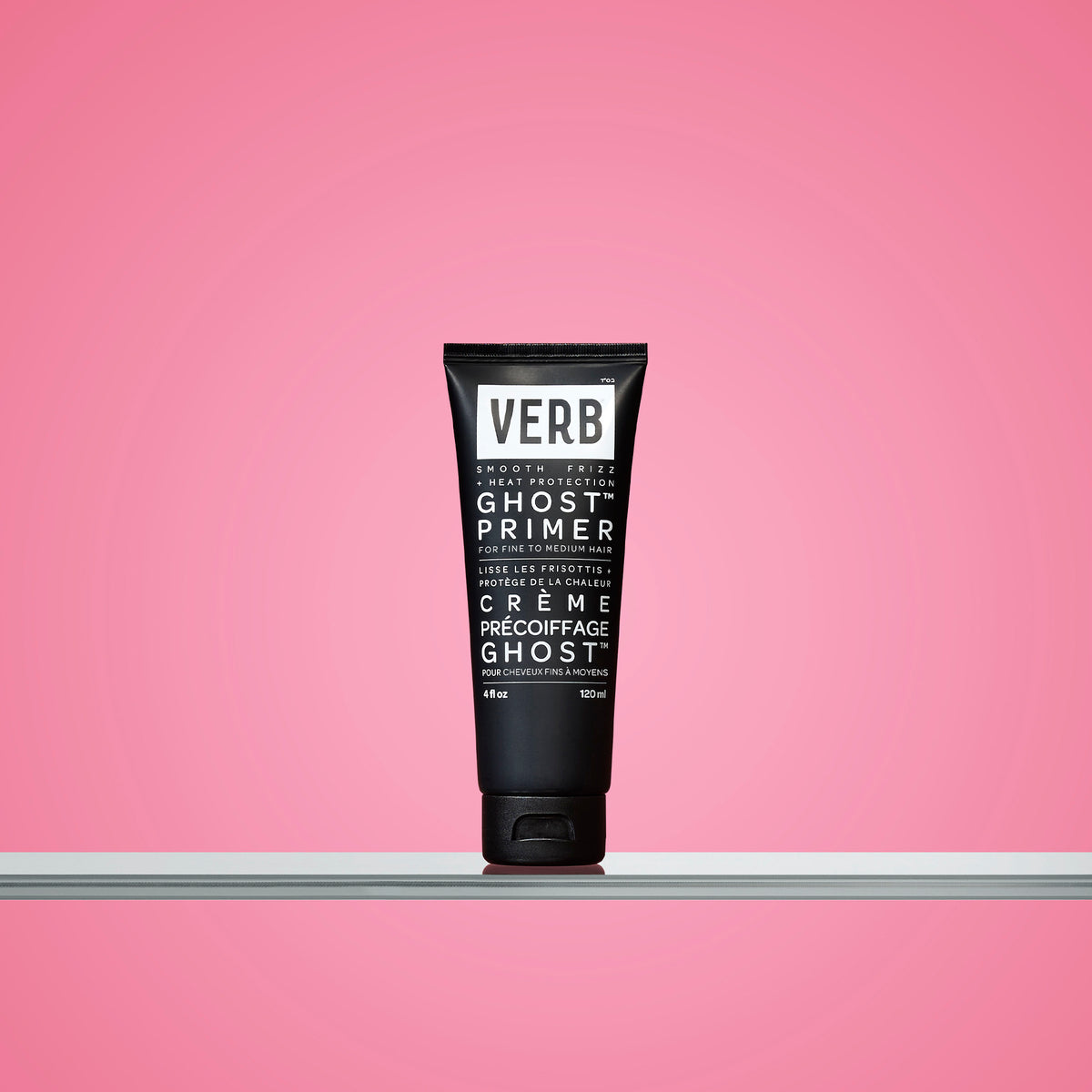Split ends were the first thing many of us learned to complain about when we discovered a flat iron in middle school. Luckily, we have grown out of that stage of our lives and now understand our relationship with split ends in a more mature way. Here’s what you need to know about split ends and how to repair them.
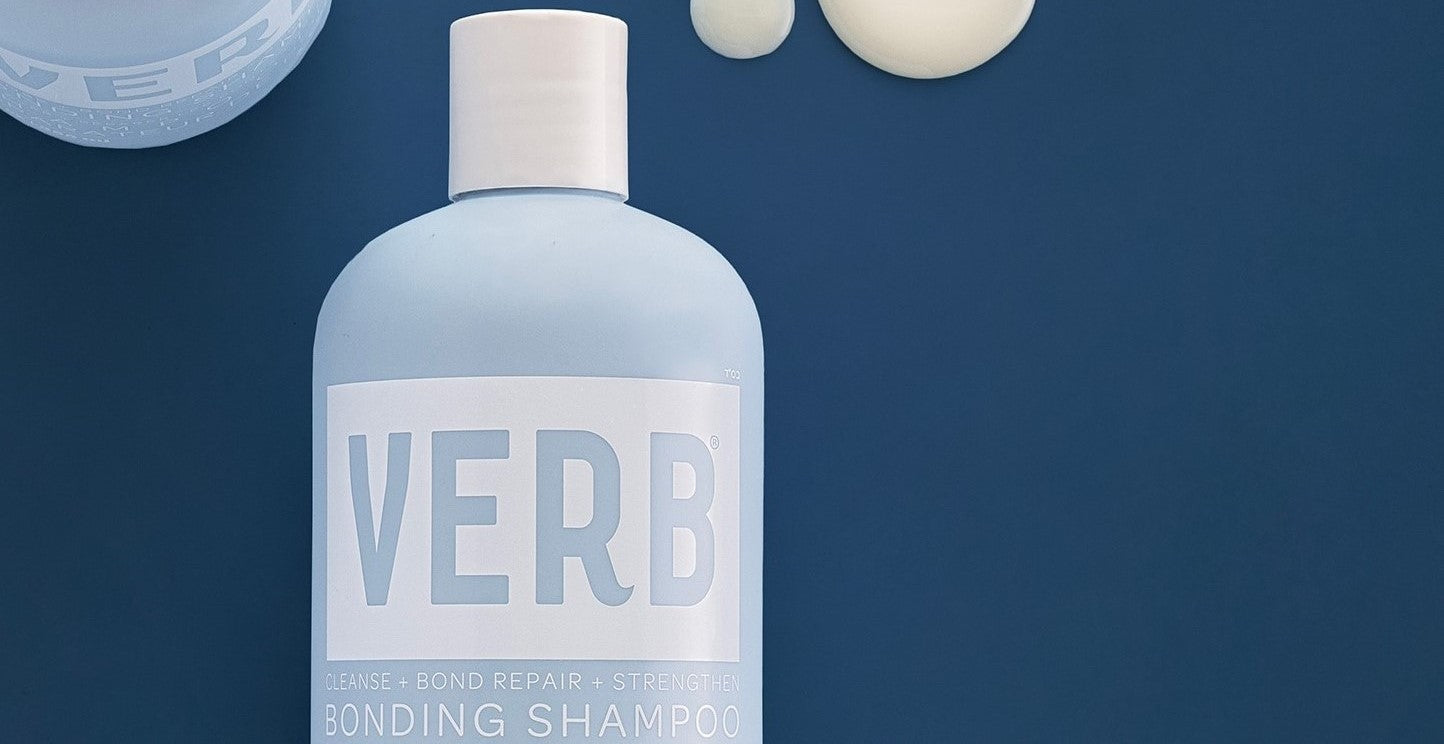
try our new
bonding shampoo
it helps relink broken bonds
and strengthen strands
for visibly healthier hair
What are split ends?
A split end is exactly what it sounds like — the fraying of the oldest part of your hair strand as it becomes dry and brittle. If left untreated, split ends will lead to breakage, resulting in uneven hair that can complicate a look and make styling difficult.
Why are they bad?
While split ends might not seem like a big deal, they can cause some trouble for your hair. As split ends progress, they can travel up the hair shaft, leading to more breakage and damage. This can ultimately result in shorter, thinner and less vibrant hair.
Types of split ends
The most common type is the basic split end, where the strand simply divides into two. There's also the mini-fork, where the split forms a Y shape. Then there’s the feather split, resembling tiny feathered tips. Regardless of the type, split ends signify a need for hair repair.
What causes split ends?
Split ends can happen for a variety of reasons including one or all (no judgments here) of the following:
Heat
It probably goes without saying that applying 425-degrees of metal directly to your hair is going to fry your strands and make them more prone to split ends. And even if you are spared dramatic experiences, there is still damage done each time you apply any heat to your hair.
Chemical Treatments
We love a good three-hour session with our hair stylist as much as the next person. But putting even the “cleanest” dyes, bleaches and toners on your hair opens and closes the cuticle in a very vulnerable way.
Weather
We hesitate to put things like “walking outside” on the list of ways your hair gets damaged but our environment is still an important factor when it comes to your hair health. Depending on the pollution conditions that you are exposed to every day, you’re certainly susceptible to a general level of wear and tear. Excessive sun exposure contributes to heat damage over time and a lack of humidity dries out strands (which can cause split ends).
Friction
Friction from rough brushing, styling, towels, sleeping and putting your hair up causes damage. We can easily avoid this by being more gentle with our hair and taking a few precautions to help prevent split ends.
How to prevent split ends
Products like our Bonding Shampoo and Mask can temporarily seal split ends and repair broken hair bonds, but the only way to truly get rid of split ends completely and fully is to chop them off. That’s why understanding what causes split ends, and working to prevent and treat them is so important.
Regular Haircuts
Getting your hair trimmed every 6-8 weeks not only keeps your ends sealed, which reduces the likelihood of split ends developing, but it also can address many of the other problems your hair might be having by an expert regularly checking in on it!
Drink more water
This is obligatory because drinking more water helps all things. Drinking enough water is crucial for preventing strands from drying out and splitting, so make sure to stay hydrated throughout the day.
Deep Condition
Conditioners that match your hair needs are the first place to start. For example, our Hydrating Conditioner adds extra moisture to hair and increases hair shine. Leave-In Mists can be added to your routine to help seal the hair cuticle and protect the hair from external factors. Last but certainly not least, masking every 4-6 washes is a must for keeping your hair healthy and moisturized. Verb Ghost™ Hair Masks, Verb Hydrating Masks, Verb Reset Repairing Masks or Verb Purple Masks are all great places to start. Trust us — your hair will thank you.

treatment masks
deep conditioners to smooth,
nourish and hydrate your hair
Avoid regular heating tools
This might be easier said than done, but laying off the heat tools every once in a while is a nice way to give your hair a break. This is the perfect opportunity to try a new style that doesn’t require heat tools.
Gentle styling
Your hair is the most brittle and susceptible to breakage when it’s wet. So, simple changes in your routine like using a towel designed for hair, putting down the harsh detangling brush that’s too old, sleeping on a silk pillowcase and using a scrunchie instead of tight hair ties are all easy ways to delay breakage and prevent split ends.
Avoid harsh chemicals
Our hair cuticles open and close like our pores do, so at certain parts of your routine, your hair is extra exposed to whatever you are putting on it. Avoiding chemicals like parabens and sulfates is important for protecting your hair from becoming damaged and brittle. Instead, look for ingredients like panthenol that moisturize your hair and protect it from external factors.
Use a heat protectant
When you do use heat, just make sure you are using a true heat protectant like Verb Ghost™ Primer to help seal the cuticle. These products act as a protective barrier, helping to minimize the damage caused by high temperatures from styling tools. By applying a heat protectant before using heat styling tools, you create a buffer that reduces the risk of split ends forming.

ghost prep
moisturize, detangle and
smooth with up to 425°F
of heat protection
Seal split ends & strengthen strands
Thankfully, modern hair care has paved the way for innovative solutions. Among these, bonding treatments stand out as game-changers. These work to reinforce each strand and provide a temporary yet effective resealing of those pesky split ends.
We're thrilled to introduce our new Bonding Collection, which includes a specialized mask and shampoo. This dynamic duo not only temporarily seals split ends, but also strengthens strands and works on a molecular level to relink broken protein bonds in hair. Discover the benefits of these products for yourself as you work towards stronger, more resilient hair.


